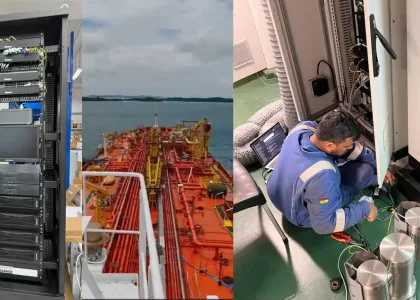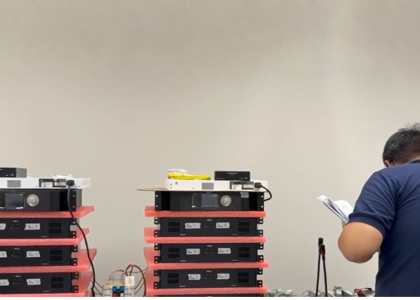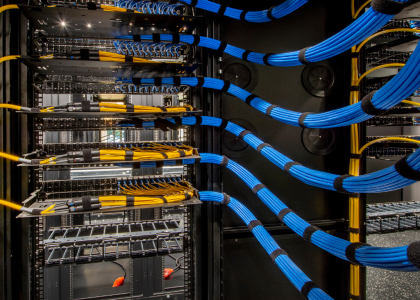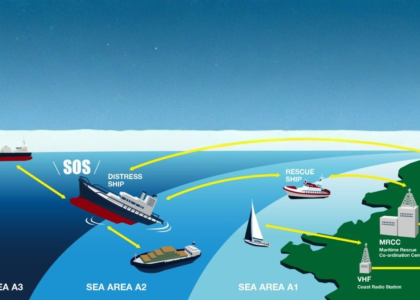In the realm of wireless communication, UHF (Ultra High Frequency) and VHF (Very High Frequency) radios have stood the test of time as reliable and versatile tools for various industries and applications. UHF/VHF Radio Systems have unique characteristics that make them suitable for different scenarios, ensuring clear and efficient communication across short and long distances.
Understanding UHF/VHF radio systems will better help you choose the best option for your requirements.
Understanding UHF / VHF Radio Systems
Both UHF and VHF radios operate within the radio frequency spectrum, but they do so at different frequency ranges. VHF radios work within the range of 30 MHz to 300 MHz, while UHF radios operate between 300 MHz and 3 GHz. These frequency bands influence how these radios transmit and receive signals, leading to distinct advantages in various environments.
Advantages of VHF Radios Systems
Long Communication Range
VHF radios use longer wavelengths, allowing them to cover longer distances without the need for repeaters. This makes them ideal for outdoor communication, such as in search and rescue operations, maritime navigation, and aviation.
Superior Penetration
Very High Frequency radios use longer wavelengths, allowing them to cover longer distances without the need for repeaters. This makes them ideal for outdoor communication, such as in search and rescue operations, maritime navigation, and aviation.
Marine and Aviation Applications
These radios are commonly used in the marine and aviation industries, where their long-range capabilities and frequency allocation suit the needs of vessel-to-vessel and air-to-ground communications.

Advantages of UHF Radio Systems
Increased Mobility
UHF radios are more compact and have shorter antennas compared to VHF radios. This makes them highly portable and suitable for on-the-go communication for industries like construction, security, and event management.
Better Indoor Coverage
Ultra High Frequency signals perform better in indoor environments and urban areas with many obstructions, making them ideal for applications like indoor communication within buildings or tunnels.
Ideal for Short Range
UHF radios excel in providing reliable short-range communication, making them valuable for team coordination during events, security operations, and construction projects.
The use of VHF/UHF Radio Systems in the FPSO Industry
Due to the challenging and dynamic nature of offshore operations, reliable communication is essential for maintaining safety, coordinating activities, and ensuring efficient production processes.
UHF (Ultra High Frequency) and VHF (Very High Frequency) radio systems are fundamental components of the communication infrastructure on FPSO vessels.
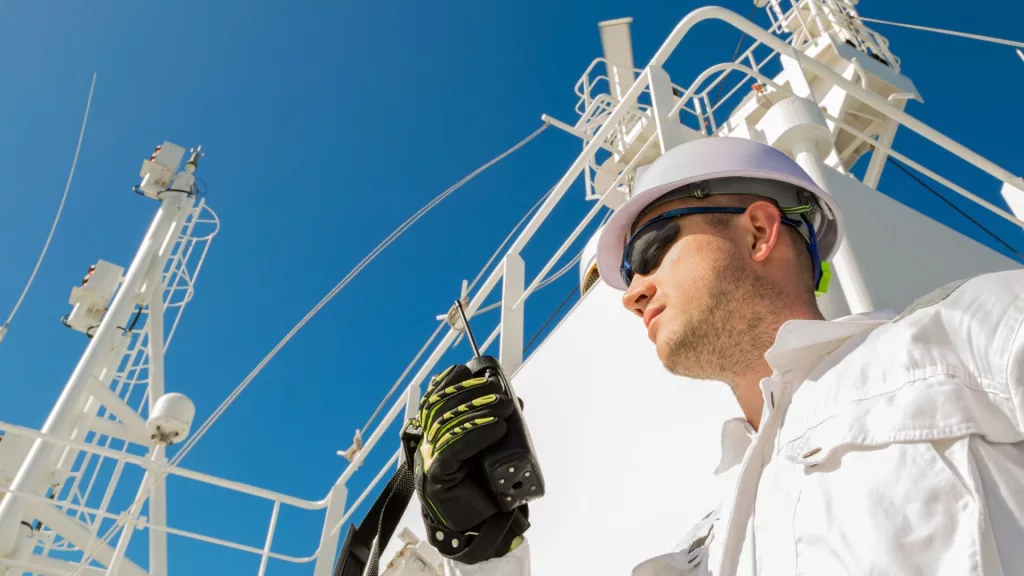
UHF/VHF radio systems provide reliable and efficient communication in remote offshore environments. Their coverage, range, clarity, and integration capabilities make them an essential part of the communication infrastructure on these vessels. By ensuring seamless information exchange and enhancing emergency response procedures, these radio systems significantly contribute to the safety, efficiency, and success of FPSO operations.
As technology continues to evolve, we can expect even more advanced and sophisticated communication solutions for FPSO vessels, further improving offshore operations and safeguarding the lives of those working at sea.
Get the Right Team
Team Vivo are highly experienced in the supply and integration of UHF/VHF radio systems for industries such as the FPSO industry.
We are familiar and well-versed in industry complainces and standards.







